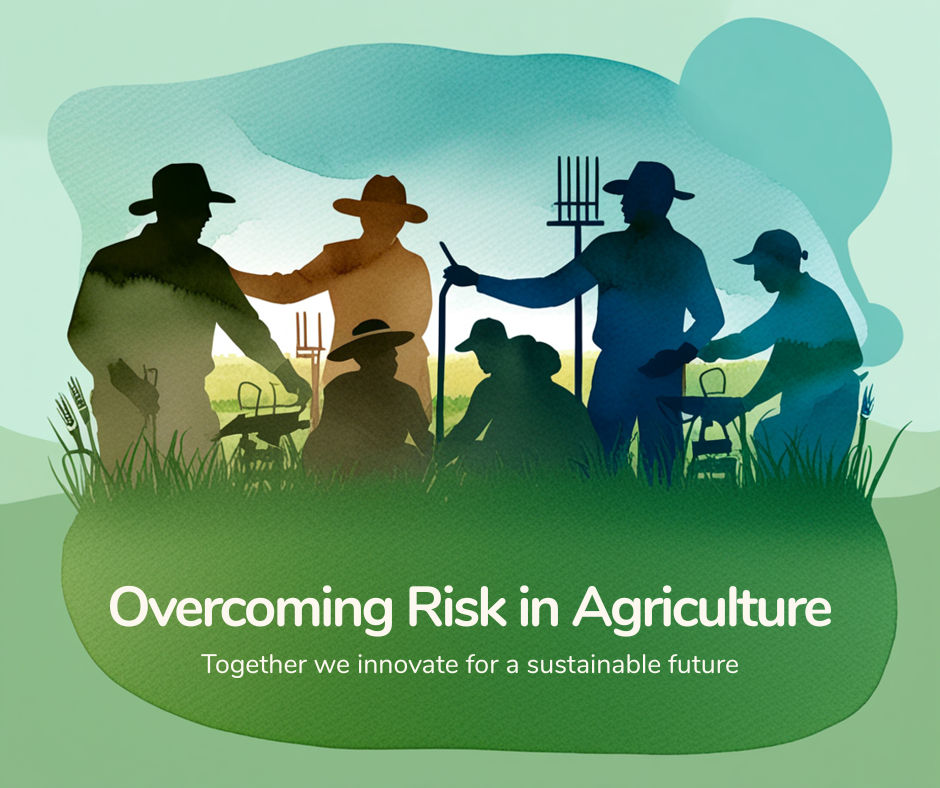A recent policy exchange event hosted by the Canadian Agri-Food Policy Institute (CAPI) highlighted critical discussions around the agriculture sector’s ability to manage risk, underscoring the vital, yet often overlooked, role of Extension and Advisory Services (EAS). The event, titled “Is Canadian agriculture ready to manage and mitigate risk?”, brought to light a pressing challenge: while Canada excels at fostering knowledge, it struggles to translate that knowledge into actionable solutions for farmers.
According to Steven Webb, Executive Director and CEO at the University of Saskatchewan’s Global Institute for Food Security, there’s a significant imbalance with “more ‘R’ than ‘D'” – abundant research but limited development. He emphasized the urgent need for a “whole systems approach” to innovation, stressing that despite existing capacity and tools, there hasn’t been enough investment in the “innovation pipeline.” Webb’s stark observation, “We do not have a good track record of fixing the things we know need fixed… Everybody is trying to do the right thing and we’re not playing like a team,” calls for a unified national strategy.
Geneviève Grossenbacher, Director of Policy with Farmers for Climate Solutions, echoed this sentiment, pointing directly to the critical issue of reduced support for extension services. As farmers grapple with increasing crop losses and pressure on business risk management programs, the degradation of support for peer networks and agrologists actively prevents the adoption of crucial best management practices. Grossenbacher stressed, “It’s a plea for investing in resilience now. It’s a win-win for farmers and governments long term,” highlighting practices like soil improvement and rotational grazing as examples of resilience-building measures that require robust EAS.
Stuart Person, National Leader of Crop Services at MNP, further reinforced the need for extension support, noting the challenge in attracting talent to these services without adequate government backing and a willingness from farmers to invest in expertise. He also highlighted a significant gap in understanding risk management programs, stating that farmers, advisors, and government officials need to better comprehend which programs to use for different issues and how they interact.
The consensus from the CAPI event is clear: Canadian agriculture needs innovation, strong extension, and unity to effectively overcome current and future risks. Investing in robust EAS is not just about disseminating information; it’s about building resilience, fostering adoption of sustainable practices, and ensuring the long-term viability of our agri-food sector.
Read the full article for more insights: Canada needs innovation, extension, unity to overcome risk | Farmtario


